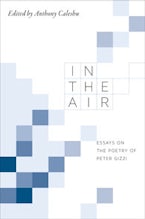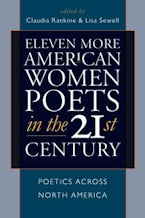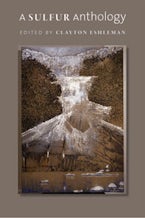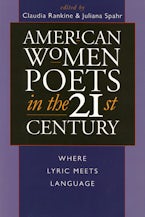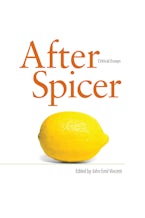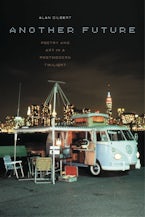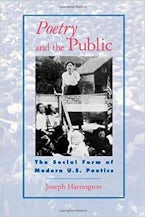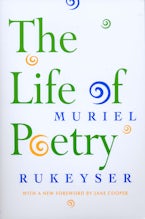- Home
- literary criticism
- Broken English
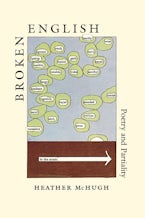
Broken English
Poetry and Partiality
Sales Date: 1993-08-01
A leading American poet reclaims the realm of criticism in distinctive and impassioned readings of poems and other works of art.
"When I call poetry a form of partiality," writes Heather McHugh, "I mean its economies operate by powers of intimation: glimmering and glints, rather than exhaustible sums. It is a broken language from the beginning, brimming with non-words: all that white welled up to keep the line from surrendering to the margin; all that quiet, to keep the musics marked." In Broken English, McHugh applies her poetic sensibility and formidable critical insight to topics ranging from the poetry of Valéry and Rilke to ancient Greek drama and Yoruba folk songs, offering intense, passionate, highly personal readings that are informed and unified by her concern for the relationships among language, culture, and poetry.
Prefatory Note
Introduction
The Store
The Still Pool Forgets: A Reminding from the Yoruba
A Stranger's Way of Looking
Broken, As in English: What We Make of Fragments
A Genuine Article
What Dickinson Makes a Dash For Interpretive Insecurity as Poetic Freedom
Essay at Saying: Paul Celan
Notes
Acknowledgments
Index of Names
HEATHER MCHUGH is a Professor of English at the University of Washington. She has published four books of poetry and two of translation; her most recent collections are Shades (1988) and To the Quick (1987), both published by Wesleyan University Press.
""McHugh puts theory to generous use on behalf of poetry and of poets. This important, lovely book may well help to end the useless bickering and distrust that have lately impeded the articulation of American poets.""
~Donald Revell
"A truly major book . . . I am tempted to say that with this book American poetry reclaims for itself true intellectual status, and McHugh does so with a marvellously selfless intensity that exemplifies much of what she says about the 'I.' This is love of poetry, and sharp criticism of her American peers, which represents itself at the highest levels of intellectual ambition without any egoistic posing. I know of no better writing on Dickinson, Rilke, and Celan."
~Charles Altieri

